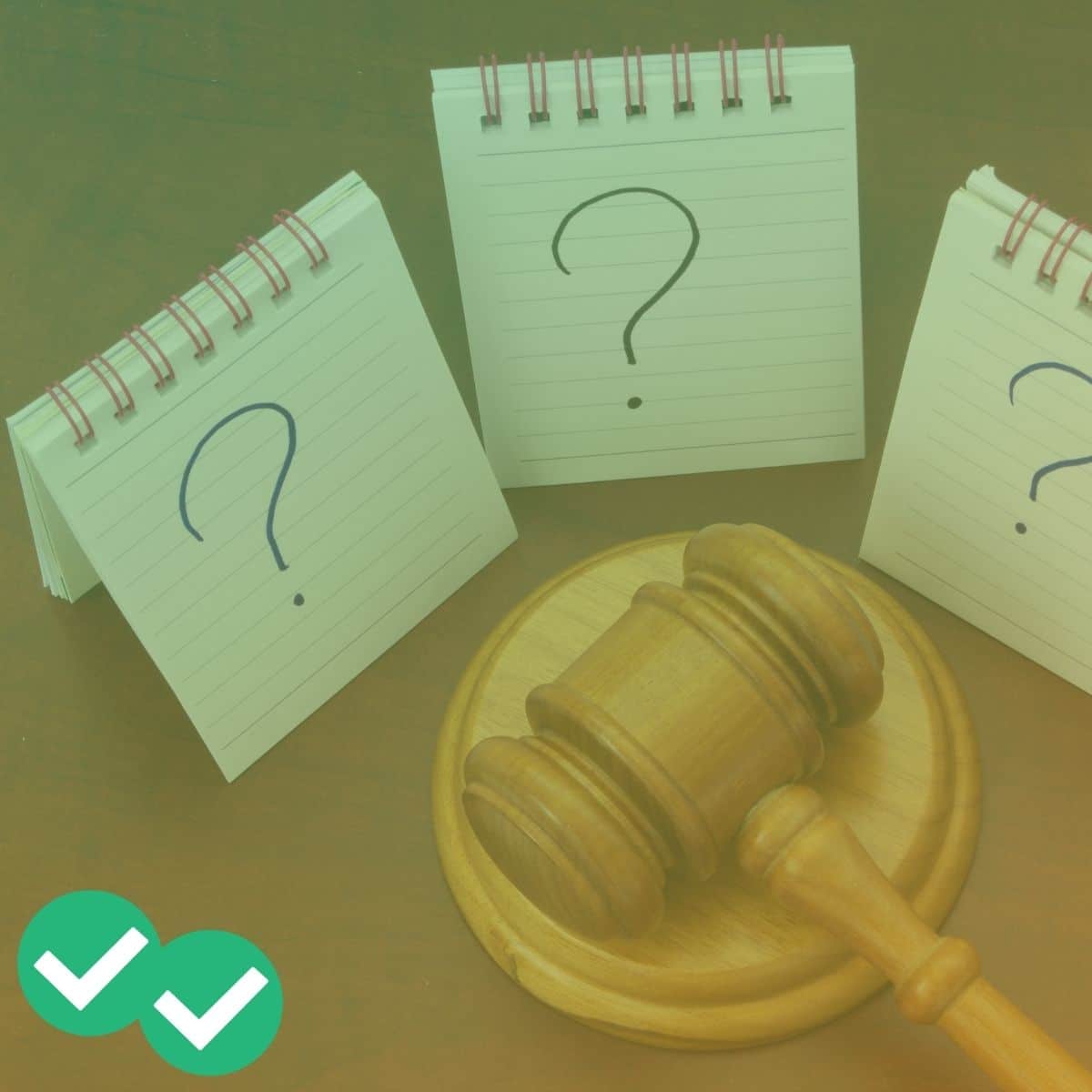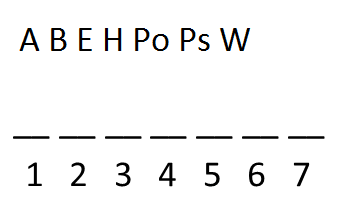This is a pretty quick topic that I’m covering because a student asked about it recently. What is the overlap between and and or, especially in the Logic Games section?
In other words, what’s the difference between the following rules?:
-
If either Charlie or Denise is on the team, then Robert is not on the team.
If Charlie and Denise are on the team, then Robert is not on the team.
Or Includes And
At first glance, the answer might seem obvious. In the first rule, we only need one of Charlie or Denise on the team to determine that Robert is off the team. In the second rule, we need both Charlie and Denise on the team in order to draw the same conclusion.
However, what you might not have recognized right away is that the first rule entirely encompasses the second rule. Let’s look at the triggers for the first rule:
-
– If Charlie is on the team, the condition is met and we know Robert is not on the team.
– If Denise is on the team, the condition is met and we know Robert is not on the team.
– If Charlie and Denise are both on the team, the condition is met and we know Robert is not on the team.
The third scenario perfectly matches the second rule from earlier. In that sense, or includes and.
Is this always true?
Yes, unless the language clearly states otherwise. Every now and then, a rule might say something like “If Charlie or Denise, but not both, is on the team, then Robert is not on the team.” If you see something like that, it means that the or does not include the and option. Thus, only scenarios 1 and 2 above would meet the condition and trigger the conclusion that Robert is not on the team.







Leave a Reply